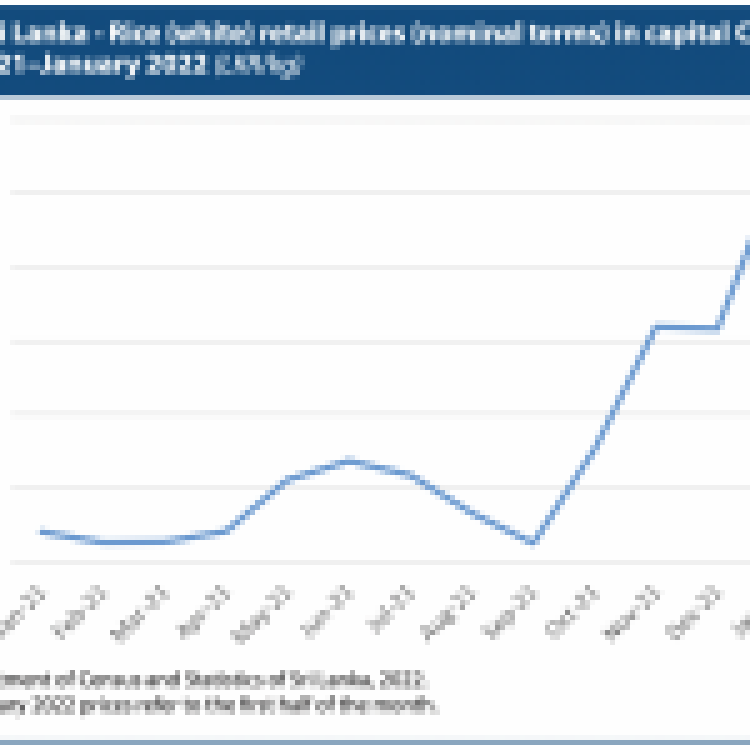Sri Lanka has enforced a series of hours long powercuts this week as the island grapples with a fuel shortage amidst it's deepening economic crisis.
The Ceylon Electricity Board imposed a four and half hour long power cut yesterday with two hour long powercuts on the previous days to ration the country's fuel supply.
Energy Minister Udaya Gammanpila told Parliament yesterday that the government have scheduled a meeting for next month with the ambassadors of oil exporting countries in an attempt to procure fuel.
"Even with this fuel, we will only have diesel for six days," Gammanpila reportedly said.
"We are heading for a serious fuel shortage because we do not have adequate foreign exchange to pay for fuel imports," he added.
Earlier this week, the Bank of Ceylon released $35.3 million to pay for a 40,000 tonne shipment of diesel which was waiting at Colombo port for four days as Sri Lanka was unable to pay for the shipment.
Sri Lanka's depleting foreign reserves have caused the prices of fuel, milk and medicine to sky rocket. Since the coronavirus outbreak, Sri Lanka's economy has been in dire straits as revenue from the tourism sector and exports have dwindled, causing the Sri Lankan rupee to depreciate. As a result, prices of imported food items and locally produced food items have increased, reaching record levels in January 2022.




